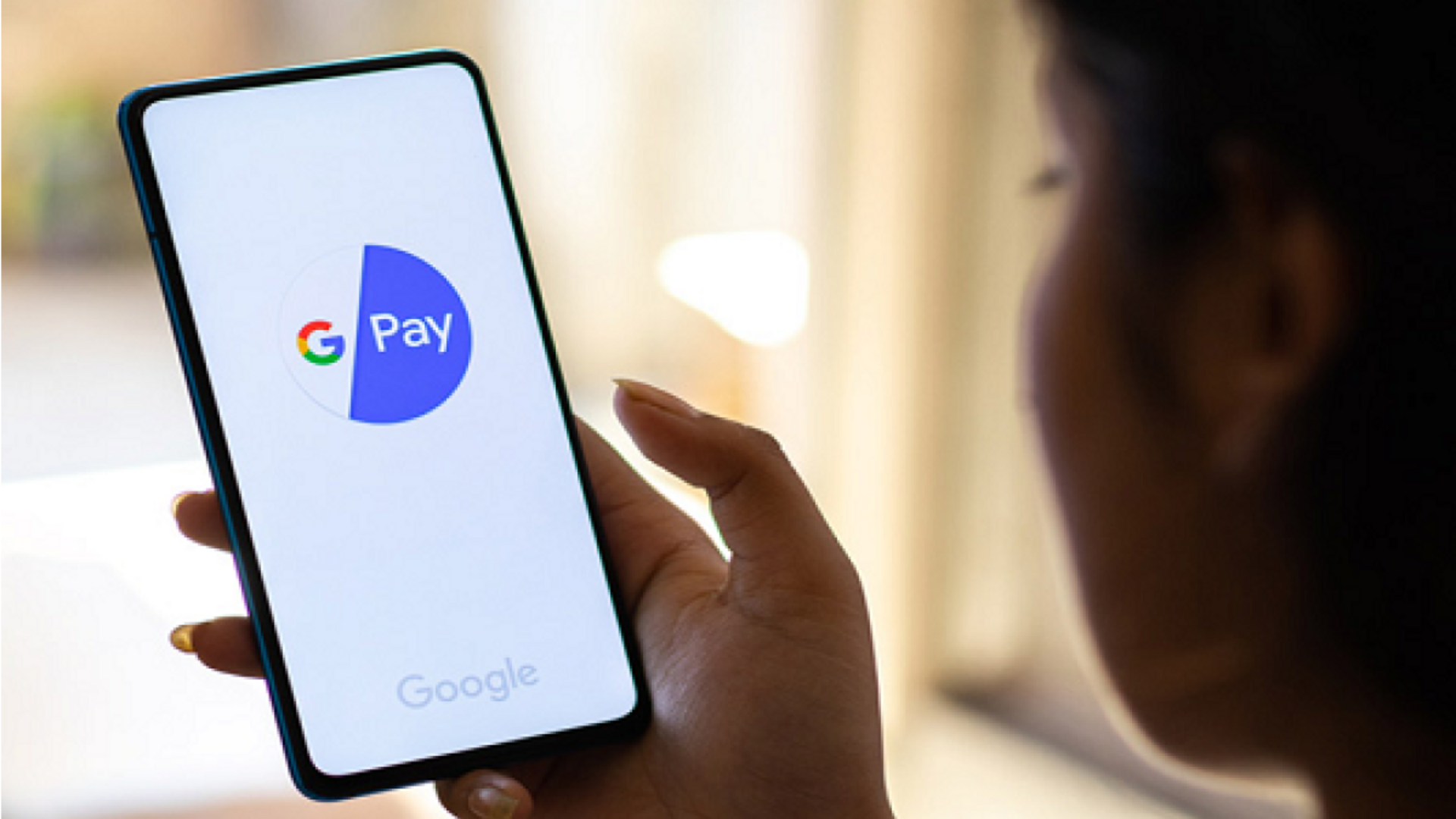
Google Pay now charges fee for these payments
What's the story
Google Pay, the front-runner in the Unified Payments Interface (UPI) game, has started levying a convenience fee for bill payments.
The new policy comes into play for payments made via credit and debit cards. The charges are between 0.5% and 1% of the transaction value, plus the applicable Goods and Services Tax (GST).
Earlier, customers weren't charged this fee for low-value transactions on Google Pay.
Fee details
Convenience fee applicable to various bill payments
The convenience fee introduced by Google Pay applies to several bill payments, such as electricity and cooking gas bills.
In one case examined by ET, a customer was charged about ₹15 as a "convenience fee" for paying an electricity bill via credit card.
This was also mentioned as a "processing fee for debit and credit card transactions," including GST.
Industry shift
Google Pay's move reflects industry trend
The introduction of a platform fee by Google Pay marks a wider industry trend of monetizing UPI transactions.
The move is part of a strategy to offset the cost of processing payments as UPI adoption continues to grow.
"Google Pay's introduction of platform fees for bill payments signals a broader shift toward monetizing UPI transactions as service providers seek ways to offset the costs of processing payments," an insider told ET.
Market dominance
Google Pay's market share and transaction volume
Google Pay is a major player in the UPI space, accounting for nearly 37% of all UPI transactions. It comes second only to Walmart-backed PhonePe.
As of January 2025, Google Pay had processed UPI transactions worth a whopping ₹8.26 lakh crore.
The convenience fee introduced by the company is viewed as an industry standard practice to cover processing costs for credit or debit card payments.
Fee exemption
Convenience fee not applicable to all UPI payments
It's worth noting that the convenience fee introduced by Google Pay isn't applicable on all UPI payments.
As per information on the company's website, the fee is only levied on credit or debit card payments and not on UPI transactions directly linked to a bank account.
This policy is similar to those of other leading UPI payment providers such as PhonePe and Paytm, which also levy similar fees on certain transactions.
Revenue hurdles
UPI platforms face revenue generation challenges
Despite UPI's ubiquity, fintechs have been unable to monetize these payments significantly.
According to a PwC analysis, stakeholders incur costs of nearly 0.25% of the transaction value for processing UPI person-to-merchant transactions.
In FY24, the cost of processing UPI transactions amounted to nearly ₹12,000 crore, with ₹4,000 crore coming from low-value transactions under ₹2,000.